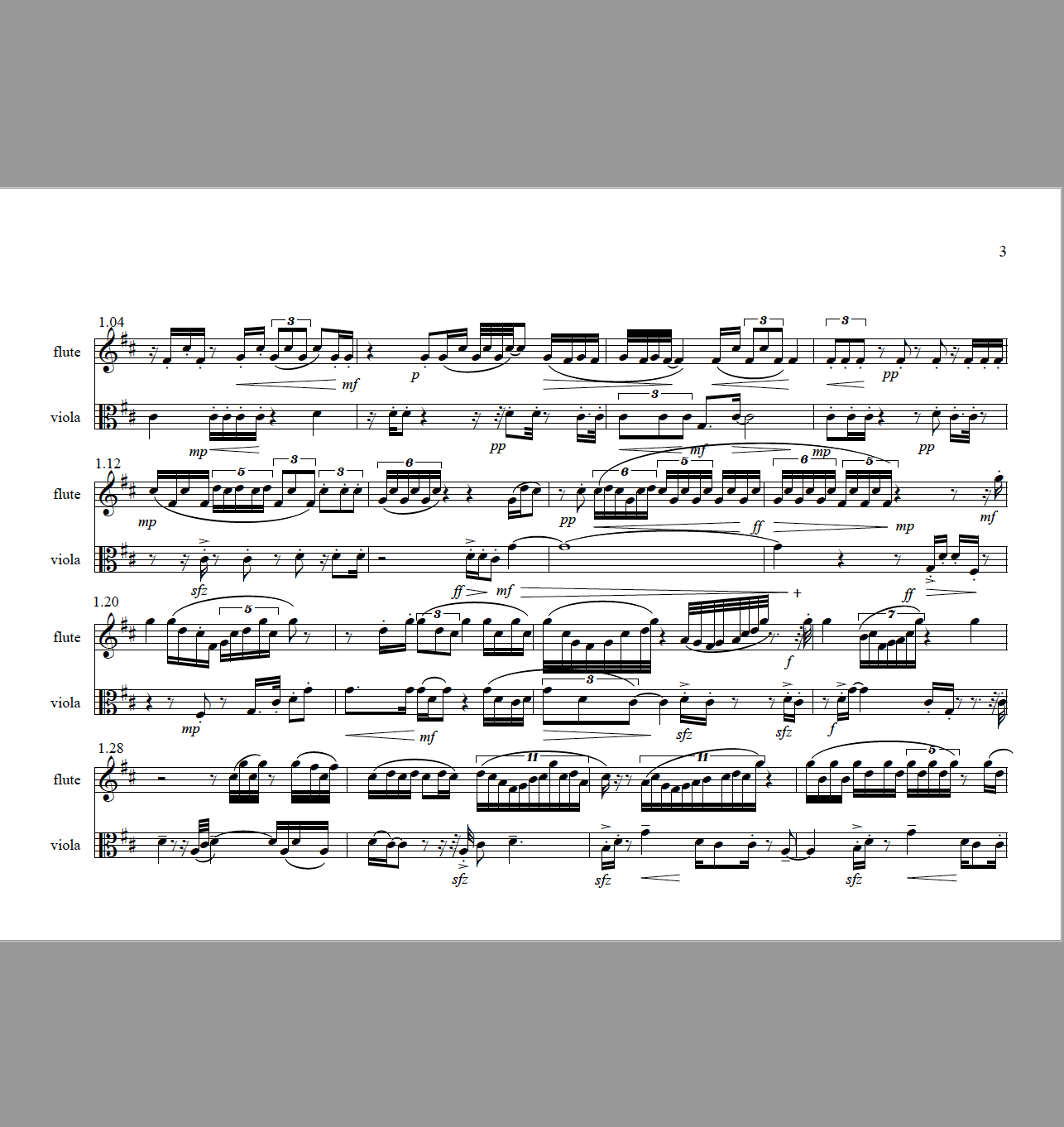 Image 1 of
Image 1 of


Ben Lunn: will we... (for cello and electronics) [download]
Computer typeset score (9pp) saved to PDF (81 KB) plus .wav file with pre-recorded element (132.6 MB) compressed in a single .zip file for immediate download
Computer typeset score (9pp) saved to PDF (81 KB) plus .wav file with pre-recorded element (132.6 MB) compressed in a single .zip file for immediate download
Computer typeset score (9pp) saved to PDF (81 KB) plus .wav file with pre-recorded element (132.6 MB) compressed in a single .zip file for immediate download
“Memory and ideology are quite fickle and sometimes dangerous things. It can be used to whitewash figures who are more complex than we would like to remember. It can be used to slowly rehabilitate someone, taking them from a monster to an anti-hero, to a complex hero who had choices to make.
This interaction between ideology and memory is particularly important when considering the Second World War. In Britain, we like to think of ourselves as the heroes who, thanks to the leadership of Churchill went into Europe, with our stiff upper lips and gave Hitler a good one two. This ignores, Churchill happily letting millions of Indians die ‘for the war effort’ and is also used to absolve him of other horrendous acts – like establishing the Black and Tans. My Grandma, who worked in Sunderland docks during the war put it succinctly – he was a rotter but we needed a rotter.
In Eastern Europe, we see many apologies for antisemitism and involvement in the Holocaust, because ‘Stalinism was just as bad’. Regardless of what one thinks of Joseph Stalin and his policies or Communism in general, looking purely at the statistics for civilian and military deaths, and ground gained the USSR took the brunt of the horrors of the Second World War. As Ernest Hemingway said: ‘the world owes the greatest of debts to the Red Army’.
Regardless of the larger forces involved in the Second World War, we often overlook smaller acts of heroism and defiance. We are never taught about the Dutch strikes during Nazi occupation which is the only nation that managed to achieve a general strike under fascist occupation. We never hear about the efforts of Balkan, Baltic, and Byelorussian partisans whose constant efforts showed regardless of who was in power they would fight for dignity and freedom. We hear little about the Yiddish freedom fighters who refused to take their fate sitting down and fought with every breath.
Ultimately, to try and paint an all-out global war as a simple two-sided fight neglects so much and can be very dangerous when taken by the wrong forces.
In November just passed my recent work will we… was premiered. This work for cello and electronics was premiered in the Imperial War Museum North in Salford, and in short tried to come to terms to this global revision of history we are witnessing. The title, is a simple rebuttal to the famous Remembrance Sunday declaration ‘we will remember them!’ do we really remember them? Or just remember those who conveniently support our ideology? Do we remember all of them? Do we honour all of the efforts to remove the stain of Fascism from our globe?
To convey this, I took a collection of songs from a variety of groups who fought against the Nazis. Fischa il Vento (an Italian anti-fascist song), Warszawianka (a Polish song originating in 1905 became a popularised song of defiance and rebellion, it became adopted by many across Eastern Europe), Partizaner Mars (a Yiddish anti-Fascist song originating from Vilnius Ghetto), Aušvits (a Roma song describing the horrors of Auschwitz Concentration camp), and Zog Nit Keynmol (a Yiddish anti-Fascist song originating from the Warsaw Ghetto). These songs were chopped into tiny pieces, at most lasting half a second. Simply becoming a blip or a snippet of a memory that is becoming lost. The cellist then navigates around the space created with mournful lines circulating on pre-recorded cellos to give the snippets a backdrop to bounce from. As the piece progresses, the snippets become more and more antagonistic, slowly revealing more of themselves forcing themselves to be heard again. Before finally bringing the piece to a close with a defiant – Never say that you have reached the very end, when leaden skies a bitter future may portend; For sure the hour for which we yearn will yet arrive, and our marching step will thunder: we survive!”
Ben Lunn (2019)

![Pete Stollery: dulax [download]](https://images.squarespace-cdn.com/content/v1/5f3690f6995b741710ab4824/1706635884316-HLVQV8HHMOMZ5PBOLBWU/dulax-cover.png)
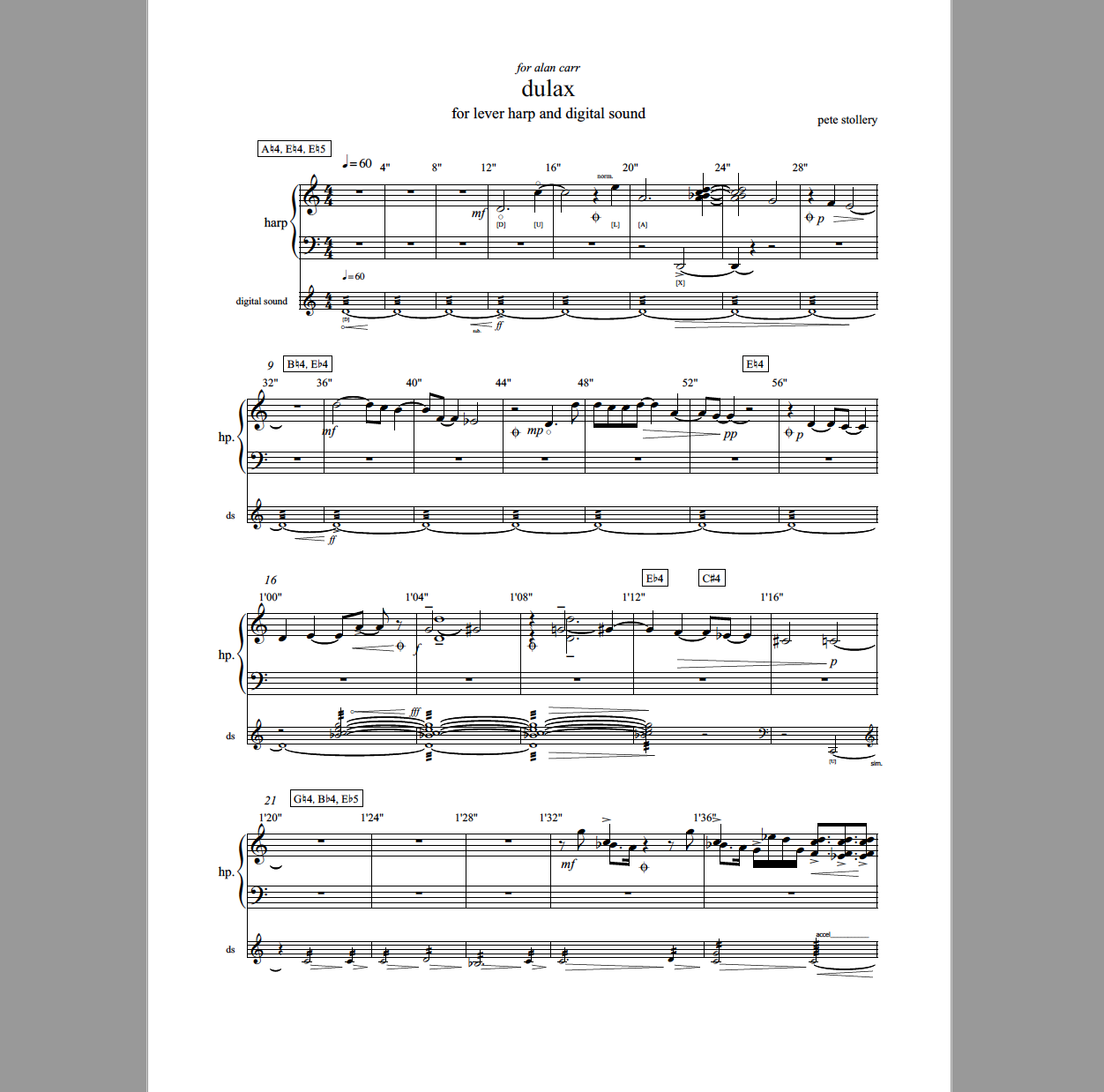
![Nicky Hind: The Well [download]](https://images.squarespace-cdn.com/content/v1/5f3690f6995b741710ab4824/1699545563044-APVVZP1ZJ6DXCJ03LLKO/The+Well.png)
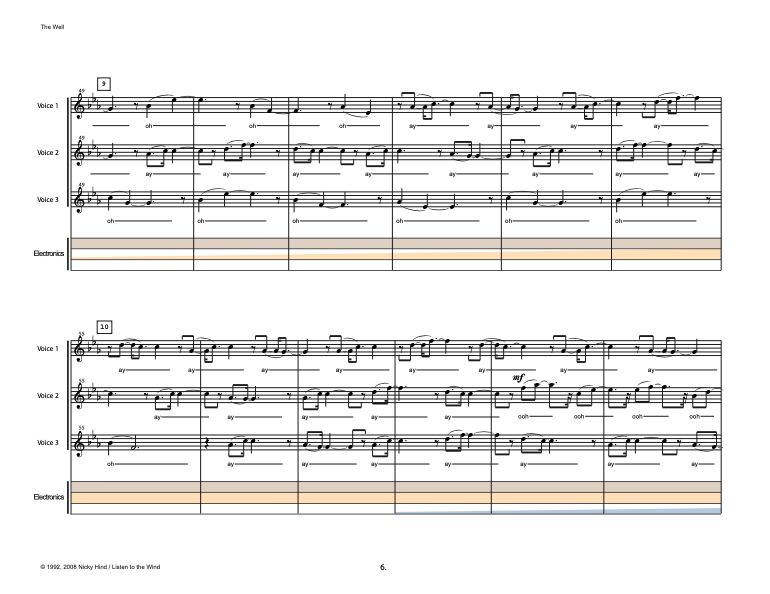
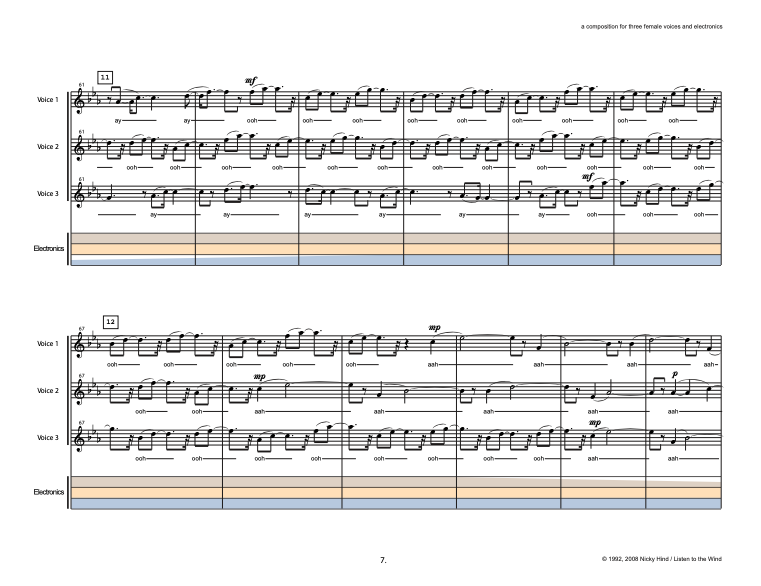
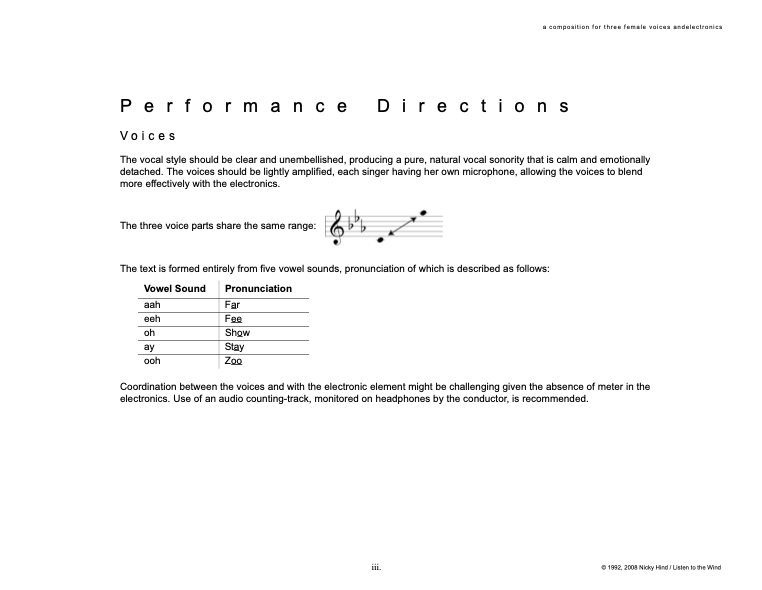

![Nicky Hind: Reflections [download]](https://images.squarespace-cdn.com/content/v1/5f3690f6995b741710ab4824/1699546711331-4B6ASGPWP5BK96ATXA4S/reflections.png)
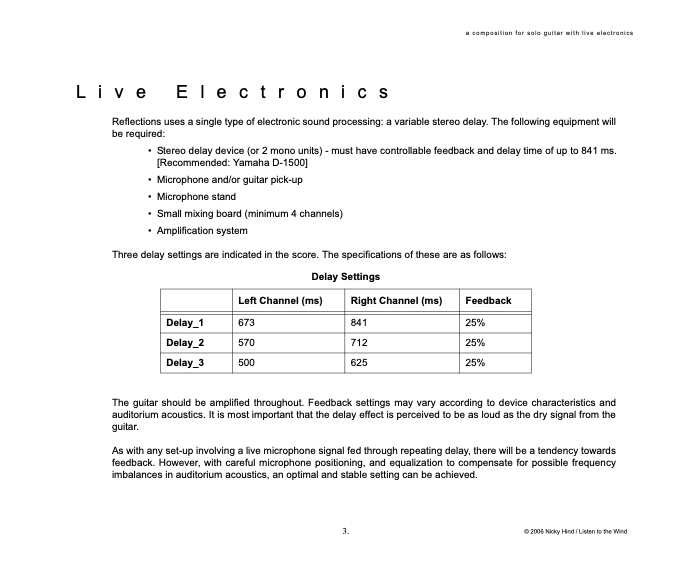
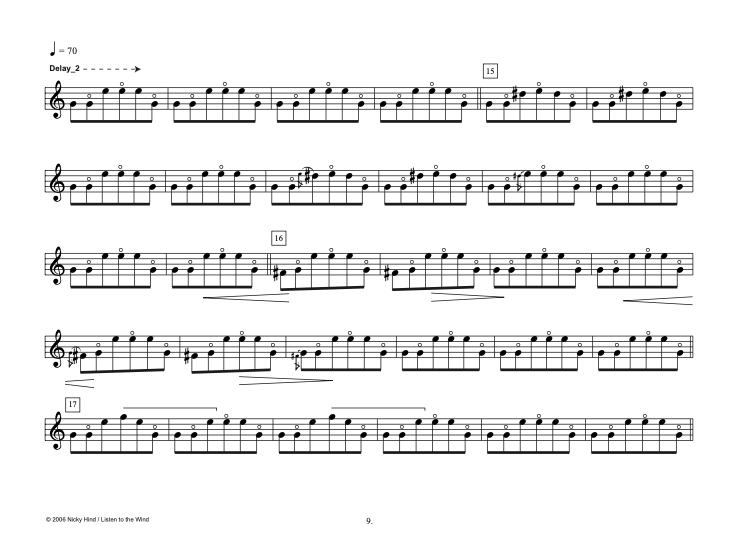
![Pete Stollery: Thickness [download]](https://images.squarespace-cdn.com/content/v1/5f3690f6995b741710ab4824/1687174409329-C1E0M56LLQ22OJDE387R/thickness-cover.png)
